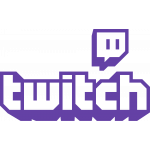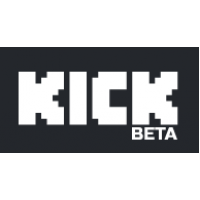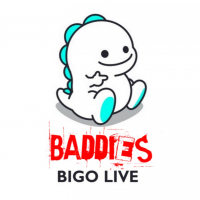Esports Match Analytics
Modern Analytics of Esports Matches
Modern analytics of esports matches has transformed into a complex ecosystem of specialized solutions. Professional teams invest significant resources in software for game analysis. The use of advanced services for match analysis allows identifying patterns and opponents' weaknesses. Quality demo analysis in esports requires a combination of automated platforms and expert evaluation. Modern tools for game analysis cover all aspects from individual statistics to team tactics.
Demo Recordings and Their Analysis in Various Disciplines
Working with demo recordings remains the foundation of professional analysis. In Counter-Strike, demo analysis in esports allows studying team positioning and rotations. The Leetify platform automatically identifies decision-making errors. For Dota 2 and League of Legends, esports match statistics include map analysis and objective control. Specialized gameplay analysis programs like Dota Coach provide detailed information about each player’s action. Professional teams dedicate separate workplaces for working with demo recordings.
Statistical Platforms and Databases
Large analytical platforms for esports aggregate information from thousands of matches. HLTV.org for Counter-Strike sets standards for statistical analysis. Databases like Dotabuff and Stratz for Dota 2 offer detailed tactical information. Esports match statistics on these platforms include unique metrics such as ADR and KAST. Professional game analysis tools use machine learning to predict opponents’ strategies. API integration allows automating data collection for subsequent analysis.
Tactical Analysis and Data Visualization
Modern services for match analysis offer advanced visualization capabilities. The Nadeclub platform provides tools for analyzing grenade trajectories in CS2. For mobile disciplines, esports analytics include heat maps of player movements. Tools like Mobalytics for League of Legends generate personalized recommendations to improve gameplay. Tactical match analysis uses interactive maps with the ability to add annotations. Professional teams develop their own dashboards to visualize key performance indicators.
Programs for Recording and Analyzing Gameplay
Individual match review in esports starts with high-quality gameplay recording. Programs like Outplayed automatically save important match moments. NVIDIA ShadowPlay offers a retrospective recording feature without performance loss. Professional analysis tools like Medal.tv allow sharing clips with coaches. For team analysis, multi-channel recordings synchronized by time are used. Modern gameplay analysis programs integrate with Discord channels for quick information exchange.
Specialized Solutions for Different Game Disciplines
Each esports discipline has developed unique approaches to analysis. In shooters, esports analytical platforms focus on accuracy and positioning. For MOBA games, tactical match analysis includes control of timestamps and rotations. In sports simulators, esports match statistics take into account physics and player parameters. Professional game analysis tools are adapted to the specific mechanics of each discipline. Integration with game clients allows receiving real-time data.
Automated Data Collection and Processing Systems
Advanced services for match analysis use computer vision technologies. Artificial intelligence automatically recognizes tactical schemes and behavior patterns. Professional analysis tools generate automatic reports after each match. Systems like Gosu.ai provide recommendations based on analysis of thousands of similar situations. Esports match analytics increasingly relies on predictive analytics to anticipate opponent actions. Machine learning helps uncover hidden dependencies in game data.
Mobile Applications and Cloud Solutions
Access to analytical data is provided through various platforms. Mobile applications allow studying esports match statistics anytime. Cloud analytical platforms for esports ensure synchronization among all team members. Web interfaces offer powerful filtering and sorting capabilities. Tools for game analysis increasingly move to the cloud to ensure uninterrupted access. Cross-platform compatibility becomes a standard for professional analytical solutions.
Integration with Training Processes and Scouting
Analytical systems are deeply integrated into the teams' work routine. Match reviews in esports are conducted using interactive boards and annotations. Scouting departments use demo analysis in esports to evaluate potential acquisitions. Tactical match analysis helps develop strategies against specific opponents. Professional match analysis services include collaboration features for coaches and players. Automated match preparation systems save time and increase efficiency.
The Future of Analytics in Esports
The industry continues to move towards greater automation and accuracy. The introduction of virtual reality technologies for esports match analysis will open new opportunities. Neural networks will offer increasingly accurate forecasts and recommendations. Professional analysis tools will become more accessible to semi-professional teams. Data standardization will accelerate the development of esports match analytics as a scientific discipline. Integration with biometric data will open new horizons for player performance analysis.
Conclusion: The Necessity of a Comprehensive Approach to Analytics
Modern esports match analytics requires the use of many complementary tools. Professional teams combine automated platforms with expert evaluation to achieve optimal results. Quality demo analysis in esports remains critically important for continuous performance improvement. The development of services for match analysis continues to accelerate industry professionalization. Investments in analytical tools have become an integral part of preparation for competitions of any level.
Our Services for Streamers
Our Services for Content Creators











